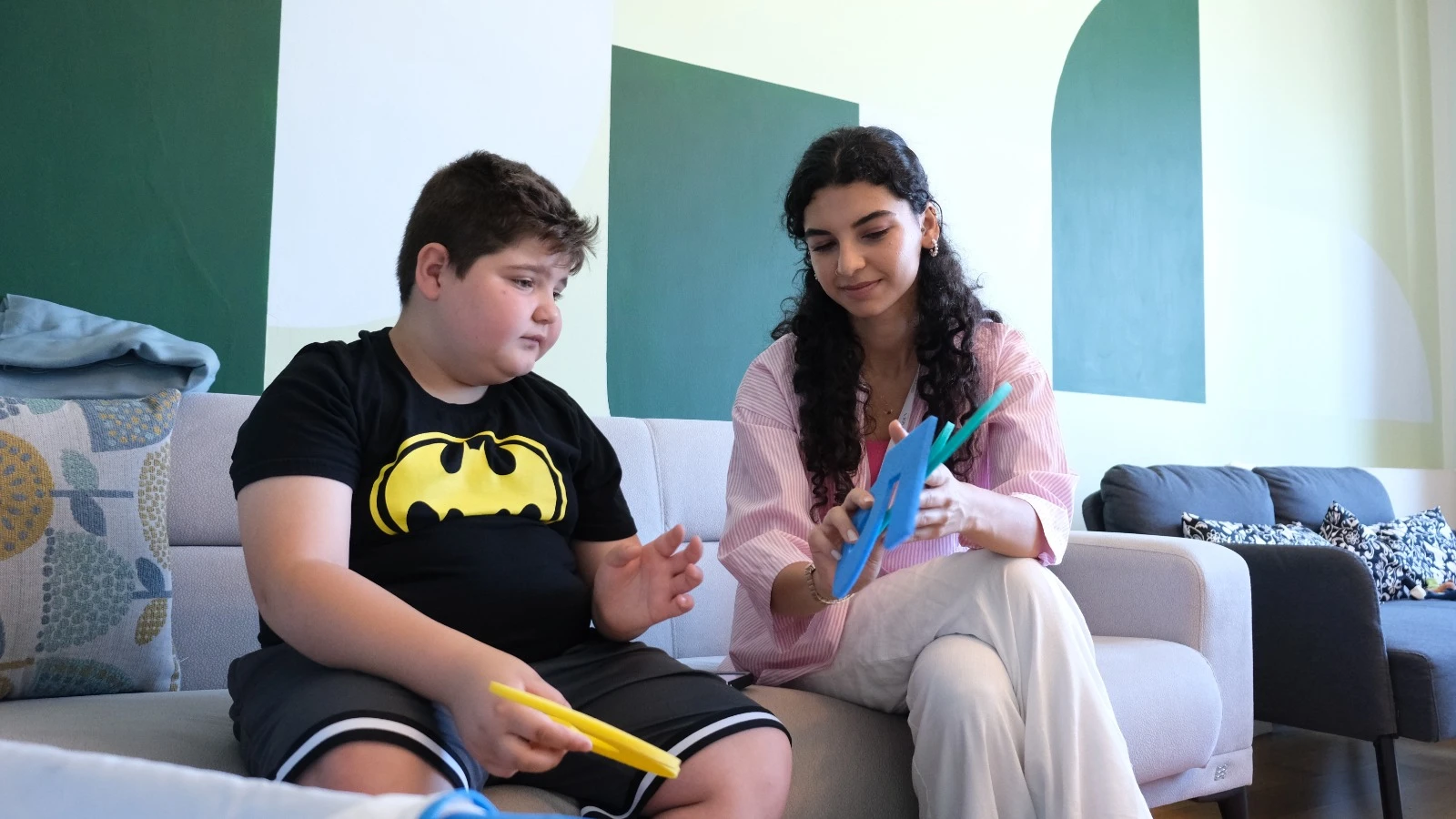Puberty is a complex and challenging time for all young people, but for individuals with autism spectrum disorder (ASD), this phase can be even more complicated. The physical, emotional, and social changes that occur during this time represent a major shift for both the individuals and their families. In this article, we will explore key points to better understand puberty in individuals with autism and provide guidance for families.
Changes During Puberty
Autistic children, like other young people, experience growth and development during puberty. However, their reactions to these changes and how they cope may be different. In addition to physical changes, they may face difficulties in understanding the complex rules of social environments, emotional regulation challenges, and the need to cope with new responsibilities, which can make this process more difficult (Matson & Williams, 2020).
- Physical Changes: Puberty brings physical growth and hormonal changes. Autistic individuals may find it challenging to deal with these rapid changes in their bodies. It’s important to help them develop body awareness and establish personal hygiene habits during this period.
- Social Challenges: During puberty, peer relationships become more important. However, young people with ASD may struggle with social relationships due to difficulties with social skills. Families can support their children by helping them improve social communication abilities (Smith et al., 2022).
- Emotional Regulation: Hormonal changes during puberty can lead to mood swings and emotional outbursts. This may be even more challenging for individuals with ASD. Families should consider seeking professional support to help their children navigate these emotional changes (Wong et al., 2021).
Tips for Families
Families can support their children with autism during puberty by using a few key strategies:
- Keep Communication Simple and Open: Use straightforward and clear language when discussing the changes that occur during puberty. Visual aids and social stories can also help autistic children understand these changes better (Matson & Williams, 2020).
- Encourage Personal Care and Hygiene Habits: It’s important to establish routines for personal care and hygiene to help them cope with the physical changes. Provide step-by-step guidance for daily tasks like brushing teeth and shaving (Matson & Williams, 2020).
- Provide Emotional Support: If your child is struggling with emotions during this time, seeking help from a therapist may be beneficial. Emotional regulation strategies can help reduce emotional outbursts during puberty (Wong et al., 2021).
- Encourage Social Interaction: Social interaction skills can be developed through group activities. Families can also join support groups to share experiences and provide their children with opportunities to improve their social skills (Smith et al., 2022).
Professional Support and Guidance
Puberty can be a particularly complex time for children with ASD. It is important for families to receive professional support tailored to their child’s needs during this period. Collaborating with schools, therapists, and doctors can help children manage this transition successfully. Remember, parents may also need emotional and psychological support during this time (Wong et al., 2021).
Although puberty can be a significant step for individuals with autism, with the right support, this process can be made manageable for both children and their families. Always remember, you are not alone, and there are many resources available to support you along the way.

References:
Matson, J. L., & Williams, L. W. (2020). Autistic disorder in children and adolescents: Cognitive and behavioral strategies for reducing disruptive behavior. Journal of Autism and Developmental Disorders, 50(4), 1-13. https://doi.org/10.1007/s10803-019-04155-6
Smith, T., Scahill, L., & Dawson, G. (2022). Autism Spectrum Disorder and puberty: Challenges and support strategies. Autism Research, 15(6), 212-224. https://doi.org/10.1002/aur.2456
Wong, C., Odom, S. L., Hume, K., Cox, A. W., Fettig, A., Kucharczyk, S., … & Schultz, T. R. (2021). Evidence-based practices for children, youth, and young adults with Autism Spectrum Disorder: A comprehensive review. Journal of Autism and Developmental Disorders, 51(7), 2951-2969. https://doi.org/10.1007/s10803-021-04970-2
